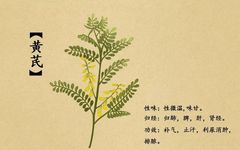Click the blue WeChat name above ↑↑
Follow Kangmei Pharmaceutical for daily health-related information.


Astragalus (Huang Qi) is well-known to everyone. Its oval cross-section displays alternating yellow and white colors, with a yellow-white outer ring and a pale yellow center featuring radial patterns and cracks resembling a blooming chrysanthemum. When smelled, it has a faint medicinal aroma, and when chewed, it feels dense with a subtle honey fragrance, leaving a sweet taste in the mouth.Astragalus is yellow in color and enters the spleen, which is the source of Qi and blood production. It is a powerful tonic that greatly replenishes Qi. Not only is it a commonly used famous Chinese herb, but it is also widely used in dietary therapy, making it a renowned health supplement.Throughout history, Astragalus has played an important role in replenishing vital Qi and strengthening the body, making it an indispensable medicinal and food material.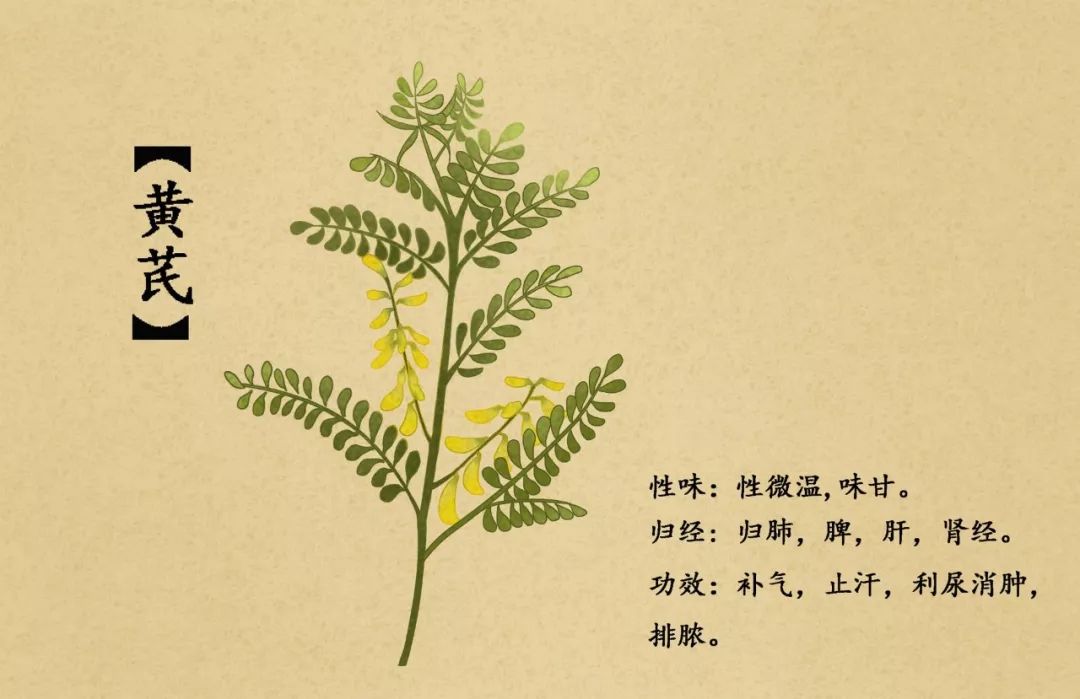
Let me first share the story of Astragalus.

There are many folk legends about Astragalus. In ancient times, there was an old man named Dai Shan, who was kind-hearted, helpful, and skilled in acupuncture. He was thin and had a yellowish complexion, and people respectfully called him “Huang Qi” (Qi refers to someone over sixty years old). Unfortunately, he died while trying to save a child who fell off a cliff. After his death, people named a herb that grew near his grave “Huang Qi,” which is Astragalus. It was used to treat many ailments and became widely known in folk medicine. Historical records also mention the physician Xu Yinzong from the Sui and Tang dynasties who skillfully used Astragalus to save the Empress Dowager.
The famous poet Su Dongpo wrote many poems about Chinese herbs, including one related to Astragalus: “A lonely lamp illuminates the endless night, I pick a flower branch but cannot bear to look. With white hair leaning on a hairpin, Astragalus porridge is served on a spring plate.” This shows that during the Song dynasty, people commonly consumed Astragalus porridge, which was naturally favored by the health-conscious literary giant Su Shi.
It is said that when a friend asked him for health tips, Su Shi replied: “First, do not seek fame; second, sleep early to gain wealth; third, walk leisurely instead of using a cart; fourth, eat late to avoid meat.” He proposed the health principles of being indifferent to fame and fortune, regulating emotions, ensuring adequate sleep, exercising moderately, and controlling diet. In addition, Su Dongpo was very interested in porridge and had writings describing it: “When hungry at night, Wu Ziye suggested eating plain porridge, saying it can refresh and benefit the stomach. The porridge is quick and delicious, and after eating it, one can sleep soundly, which is indescribably wonderful.” After being exiled and recovering from a serious illness, he often used Astragalus porridge to nourish his weakened body.
Astragalus is widely used and favored by many famous individuals. Bai Juyi also mentioned Astragalus porridge in his poem “Zhai Ju”: “The incense and fire are often together, and I have not tasted meat for a long time. A few spoonfuls of Astragalus porridge, a bowl of red arrow soup.” The poem includes Astragalus and Chuanxiong (Tianma), indicating that during the Tang and Song dynasties, literati used Astragalus as a medicinal and food material for nourishment, which had become a fashion and habit.
 How to make Astragalus porridge
How to make Astragalus porridge
When making Astragalus porridge, it is important to note that Astragalus itself should not be eaten directly. It should be boiled using the traditional method of “three stews and three boils” to extract the medicinal juice, which is then used to cook the porridge with rice.

The specific method is as follows:
 50 grams of Astragalus, an appropriate amount of japonica rice, glutinous rice, or regular rice. Soak the Astragalus in cold water for half an hour, then boil it to extract the juice, which is used to cook the porridge. This method can also be used to make Astragalus rice. Alternatively, you can use 15 grams of Astragalus, 10 grams of Codonopsis pilosula (Dang Shen) to extract the juice, then add 30 grams of jujube and 100 grams of japonica rice to cook porridge.
50 grams of Astragalus, an appropriate amount of japonica rice, glutinous rice, or regular rice. Soak the Astragalus in cold water for half an hour, then boil it to extract the juice, which is used to cook the porridge. This method can also be used to make Astragalus rice. Alternatively, you can use 15 grams of Astragalus, 10 grams of Codonopsis pilosula (Dang Shen) to extract the juice, then add 30 grams of jujube and 100 grams of japonica rice to cook porridge.
Astragalus porridge has a strong Qi-replenishing effect and is best consumed in the morning. After drinking it, you will feel energetic throughout the day.
 Other methods of using AstragalusAstragalus and Angelica Black Chicken Soup
Other methods of using AstragalusAstragalus and Angelica Black Chicken Soup
250 grams of black chicken meat, cleaned and cut into pieces, 15 grams of Angelica (Dang Gui), and 20 grams of Astragalus, cleaned, add an appropriate amount of water, and simmer until cooked, then season to taste.
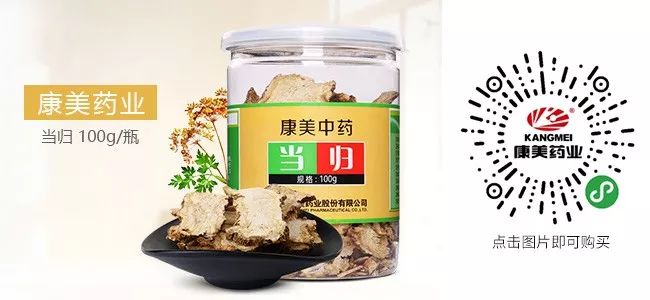
This soup can nourish Qi and blood, strengthen the kidneys, and is suitable for the elderly, those recovering from serious illness, and those with excessive menstrual bleeding leading to Qi and blood deficiency, as well as those with kidney Qi deficiency. It is also suitable for those with spleen deficiency, weak Qi, fatigue, spontaneous sweating, poor appetite, and frequent colds.
Astragalus, Poria, and Carp Soup
50 grams of Astragalus, 30 grams of Poria, and one carp. Clean the carp, wrap the Astragalus and Poria in gauze, add water and cook together, then season with ginger and salt, drink the soup and eat the fish.
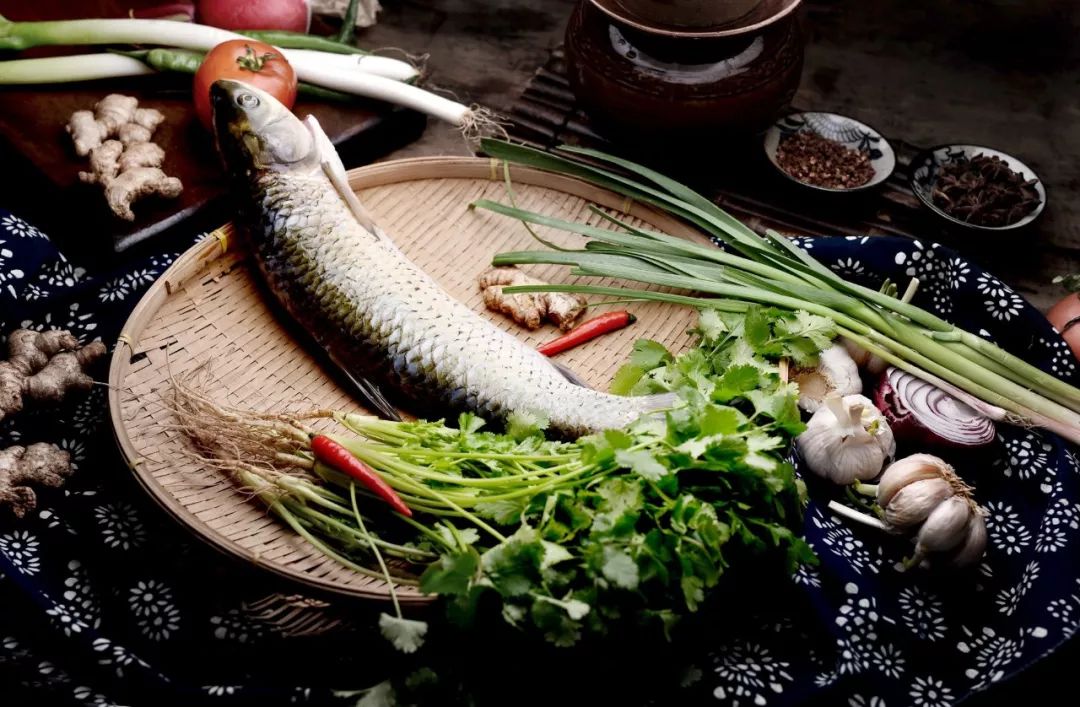
This is suitable for patients with weak spleen Qi, edema, and difficulty urinating, as well as elderly individuals with weak Qi.
Who is suitable to eat Astragalus? 1. People with Qi deficiency type constipationAstragalus, as a tonic, not only helps with weight loss but also treats Qi deficiency type constipation. Some people often experience constipation, but their stools are soft and unformed. Such individuals should avoid detox teas and instead consume Qi-replenishing herbs, as this condition is often due to insufficient lung Qi, leading to slow intestinal peristalsis. Drinking Astragalus porridge can help relieve constipation.

2. People with a soft, distended abdomenFor most people, if you are unsure whether you can eat Astragalus, here is a simple method: touch your abdomen. Some people have a hard, distended belly, which means they should not eat Astragalus. However, if your abdomen looks distended but is soft and sinks when pressed, you are likely Qi deficient and suitable for Astragalus. 3. People with Qi deficiency and dampnessFrom a constitutional perspective, Astragalus is most suitable for those with Qi deficiency and dampness. These individuals often have a soft, overweight body, especially with soft abdominal muscles. Those who are very thin and fit should avoid it.4. Long-term diabetes patients
3. People with Qi deficiency and dampnessFrom a constitutional perspective, Astragalus is most suitable for those with Qi deficiency and dampness. These individuals often have a soft, overweight body, especially with soft abdominal muscles. Those who are very thin and fit should avoid it.4. Long-term diabetes patients
Diabetes is a chronic wasting disease, and “long illness leads to deficiency.” Long-term diabetes patients need Qi replenishment.
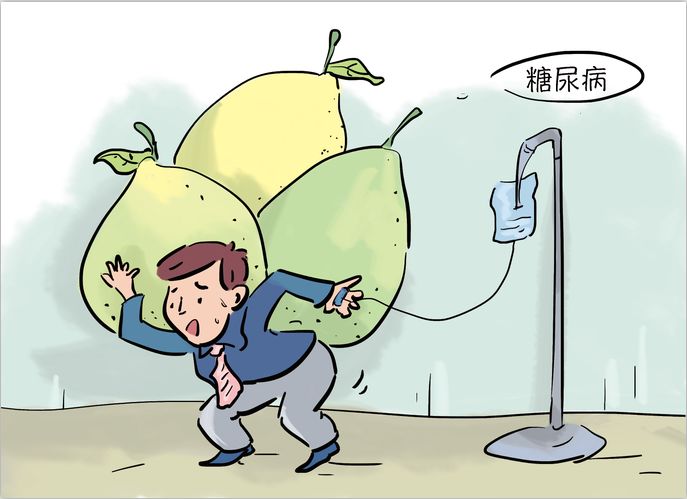
In TCM, “Qi” refers to the functional capacity of organs and tissues. Qi replenishment enhances function. Astragalus does not lower blood sugar by increasing insulin secretion but by enhancing the body’s utilization of glucose, which reflects the function-enhancing properties of Qi-replenishing herbs.Daily, you can boil 20 grams of Astragalus and 15 grams of Polygonatum (Yuzhu) in water for health and blood sugar control.5. Stroke patients
Qi is the commander of blood. A large amount of Astragalus combined with a small amount of blood-activating herbs can significantly improve cerebral blood supply and brain cell function.
Astragalus is the holy herb for Qi replenishment. Qi is formless, while blood is tangible. Tangible cannot be quickly generated; it must rely on formless Qi for production. When used with Angelica, Astragalus can assist in blood production.
Post-stroke sequelae are often due to Qi deficiency in the elderly and declining heart function. When Qi is insufficient, blood circulation slows, leading to blood stasis and stroke. Therefore, a large amount of Qi is needed to promote blood circulation, and Astragalus is indispensable.

Astragalus is suitable for both medicinal and dietary use, and it is an excellent Qi-replenishing and body-strengthening herb. However, there are contraindications for its use. Master TCM physician Deng Tietao stated that Astragalus is a medicine, not a food. It should be used according to the diagnosis; improper use can be harmful. It is not suitable for those with Yin deficiency and Yang excess, Qi stagnation with damp-heat, food accumulation, or severe heat toxicity. Patients with colds, fevers, and hypertension should use it under medical guidance.



